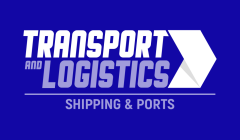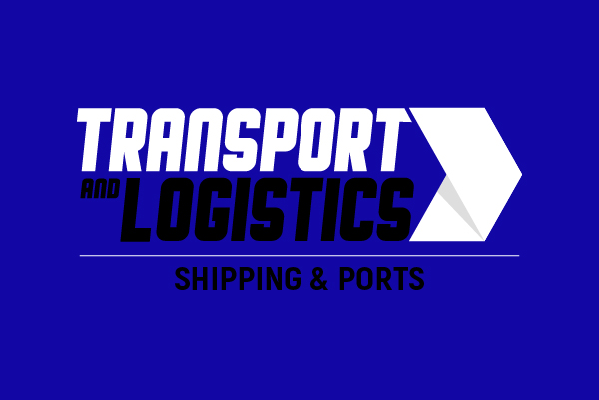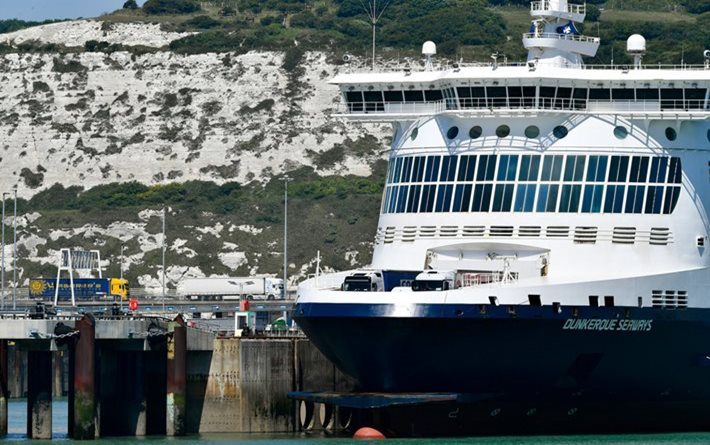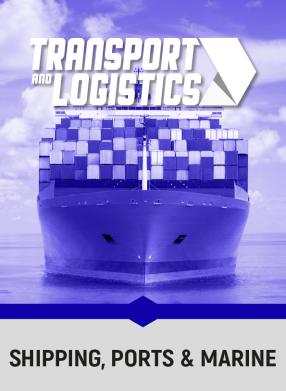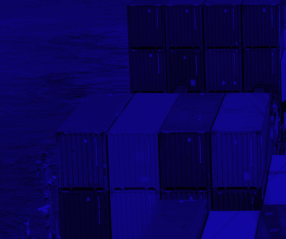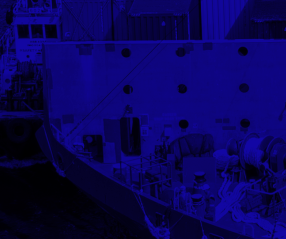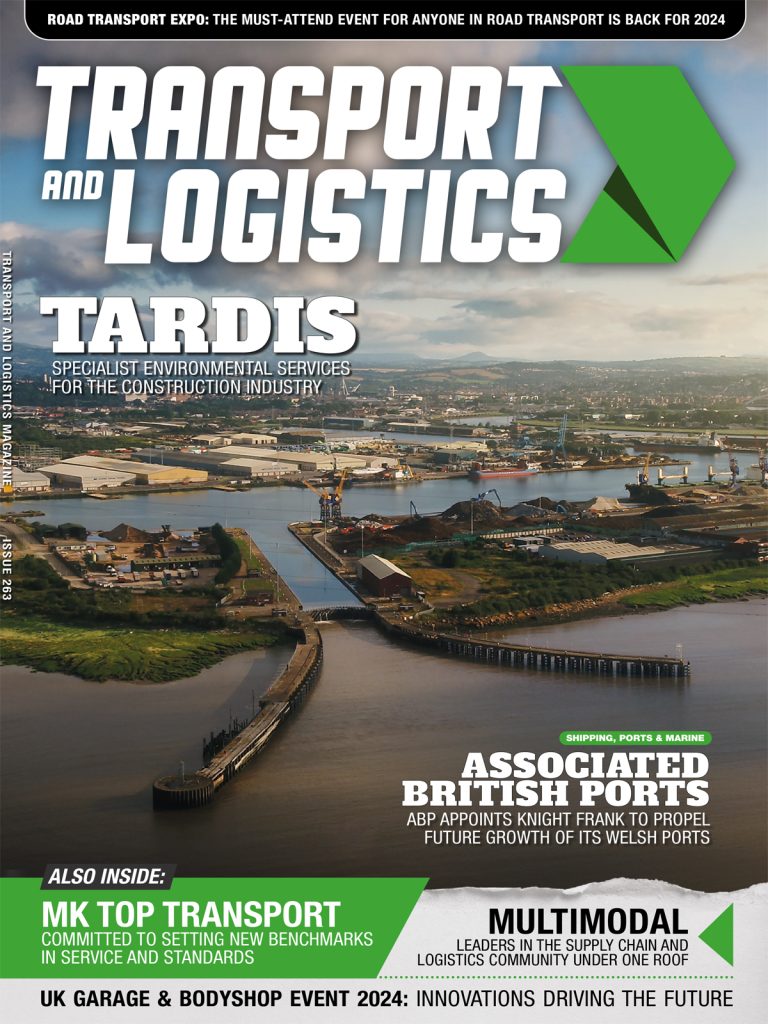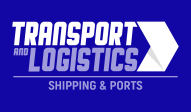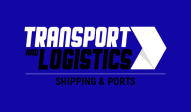The UK short straits, the trading routes across the narrowest parts of the English Channel, are a vital asset in Britain’s supply chain but unaddressed issues with border controls and transport infrastructure may impact their resilience and sustainability, according to Logistics UK, the business group representing the industry.
Hosting its first Short Straits Summit this week in Westminster, Logistics UK was joined by members of the House of Commons and Lords, councillors, government officials and representatives from organisations including the Port of Dover, Getlink, P&O Ferries, Irish Ferries, DFDS, and the British Ports Association (BPA) to address how to maximise the efficiency of these crucial international links and discuss the issues which could impact ongoing trading between the UK and EU.
“The short straits are a critical piece of national economic infrastructure – 59% of all UK-EU trade passes through these areas – so ensuring their resilience is key to facilitating and maximising international trade. However, there are issues that must be overcome: most notably, Logistics UK is pressing government to address the EU’s impending Entry Exit System (EES), which would require all non-EU citizens – including commercial vehicle drivers – to exit their vehicles at French border controls at Dover and Folkstone to undertake passport checks; in addition to compromising the safety of drivers, it would also delay just-in-time supply chains,” said chair of the event, Alex Veitch, Deputy Director – Public Policy at Logistics UK.
“At Logistics UK, we are so pleased our first Short Straits Summit was attended by so many crucial individuals and organisations in our sector; we look forward to continuing to work together to maximise the efficiency and resilience of Britain’s short straits in the months and years to come.”
The summit was presented with data from Oxera and Ernst & Young which highlighted the role of the straits in the UK economy and their importance in supporting trade routes across the whole of the UK and EU and beyond.
“The Port of Dover, and the short straits as a whole, is an asset of strategic national importance. Not only of itself, but also in providing the resilience for the UK at times of global supply chain stress. Handling 33% of all UK trade with the EU, the market continues to choose Dover and the short straits for the speed, capacity, resilience and service frequency that is only achievable on the shortest crossing to Europe. The latest research, revealed in the Logistics UK summit, shows the increasingly significant positive economic contribution we make. However, to ensure this incredibly efficient passenger, trade and logistics artery is maximised for the future, it is essential that government addresses the looming threats to the traffic fluidity, such as the EU Entry Exit System (EES) and support for new border control infrastructure,” added Doug Bannister, Chief Executive, Port of Dover.
Natalie Elphicke OBE, the MP for Dover and Deal, Sir Roger Gale, the MP for North Thanet, and Baroness Hamwee, Chair of the Justice and Home Affairs Select Committee all attended the summit.
